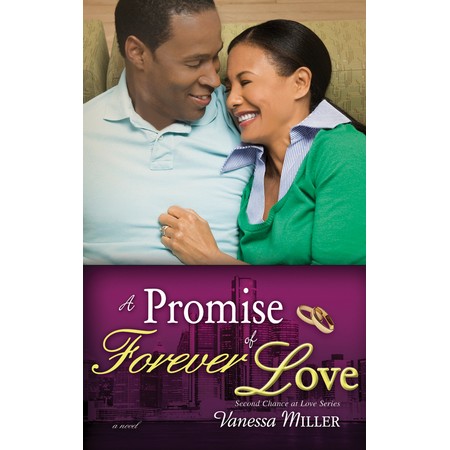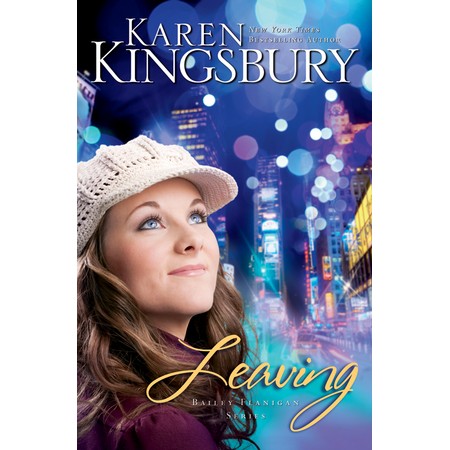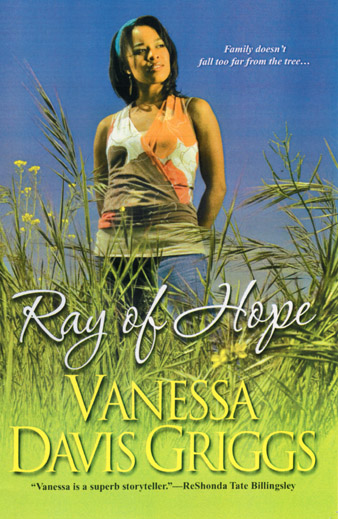Wonder what other countries think of faith fiction? Here's what the UK is saying.
More tellingly, its[American Christian Fiction] stark black-and-white morality and its bromides about "healing" address two fundamental American concerns: the need for certainty and for closure (note the vast success - within both the Christian and secular public - of a novel such as Alice Sebold's The Lovely Bones, with its comforting depiction of the sweet hereafter).
Writing about the American mindset, VS Pritchett once shrewdly noted that the major legacy of its puritan heritage is "the belief that you can build your life and work it out, conscientiously, bit by bit. The task is enormous; it is often dulling; but that is the price you pay for the perfectability of man. There is no conception of tragedy; something just went wrong."
The perfectability of man - and the creation of a "city upon a hill" that will illuminate a dark, profane world - remain key constituents in evangelical American thought. And though it could be stated that, throughout US history, there has been an ongoing ideological tug-of-war between exponents of liberal secularism and fundamentalist Christianity, there is also no doubt that we are living in a period when the religious right have (to borrow a line from Mark Twain) "the cool confidence of a Christian with four aces". Not only are they exerting serious political influence for the first time, but they are also beginning to gradually shape the cultural agenda as well.
Dee
The Pruning Principle
3 years ago




















0 comments:
Post a Comment